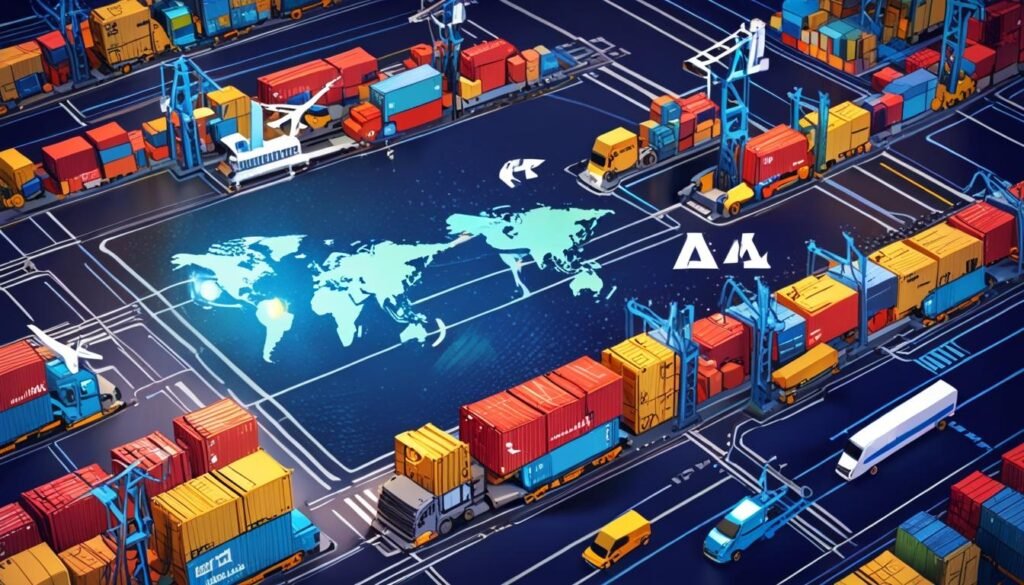**London**: The integration of AI technology and evolving trade policies is reshaping supply chain management. Carlsquare Corporate Finance examines how AI is enhancing operational efficiency and risk management, while companies adapt their strategies to navigate new regulations and optimize their operations effectively.
In a rapidly evolving landscape characterized by disruption and the necessity of innovation, the integration of artificial intelligence (AI) technology and trade policies is significantly influencing the field of supply chain management (SCM). Carlsquare Corporate Finance has emerged as a key player in navigating these complexities, offering insights into the transformative role of AI in modern supply chain strategies.
The adoption of AI-powered SCM software is redefining traditional supply chains by introducing capabilities that provide real-time insights, predictive analytics, and automated decision-making functions. This shift not only enhances operational efficiency but also reinforces proactive risk management and strategic allocation of resources. Additionally, evolving trade policies compel organizations to adjust their supply chain strategies in response to new regulations, tariffs, and geopolitical factors. The interplay between AI advancements and trade policy shifts is creating a new paradigm in SCM, fostering greater agility and competitiveness for businesses on a global scale.
Recent developments indicate significant innovations in SCM software, largely driven by AI technology. The implementation of AI solutions allows companies to optimize operations, increase efficiency, and mitigate risks within a complex and changing global trading environment. With ongoing alterations in trade agreements and tariffs, companies are required to reconsider their supply chain processes. The infusion of cutting-edge technologies like AI into SCM frameworks is proving to be crucial for organizations adapting to these shifting circumstances.
Leading strategies for leveraging AI in supply chain optimization include the adoption of advanced data analytics, which employs AI algorithms to process large datasets and derive meaningful insights for decision-making purposes. Moreover, companies are encouraged to implement AI-driven automation tools, which can enhance productivity by streamlining routine tasks. Additionally, the integration of blockchain technology with AI can improve transparency, traceability, and security within supply chains.
For companies looking to adopt AI-driven solutions within their supply chains, several recommendations have surfaced. Investing in sophisticated AI-powered SCM software is paramount for real-time data analysis, which enhances operational decision-making and incorporates predictive analytics for demand forecasting and disruption identification. Staying informed about trade policies that impact supply chain operations is equally vital, as understanding the fluid regulatory landscape aids in risk mitigation and the identification of new opportunities. Engaging with industry experts and utilizing AI-driven tools to assess trade policy implications can facilitate effective navigation of the complexities influencing supply chain innovation.
As the supply chain management field continues to evolve, the convergence of AI technology and trade policy stands as a pivotal force in driving both innovation and change. Through the lens provided by Carlsquare Corporate Finance, the future of SCM software appears laden with dynamic possibilities and challenges that demand attention. The journey towards embracing AI and grasping the intricacies of trade policy is poised to unlock new opportunities and redefine supply chain innovations, reflecting a commitment to excellence and resilience in an increasingly digital landscape.
Source: Noah Wire Services





